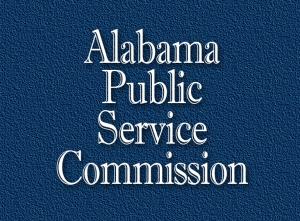EV Charging Stations

The Alabama Public Service Commission opened an investigation to determine whether and to what extent it has jurisdiction over providers of electric vehicle (EV) charging services.
It noted that over the last several years, increased ownership of plug-in electric vehicles (PEVs) has resulted in a growing need for widely distributed and publicly assessable electric vehicle charging stations (EVCSs). Discussing the parameters of the issue, the commission stated that, in part, its jurisdiction over electric utilities is grounded on the definition of a “utility.” Thus, the commission said, its regulatory authority over an EVCS provider would depend on whether that provider meets all three of the following definitional tests of a utility that is subject to the commission’s jurisdiction:
- The entity must be a “plant, property or facility” for the “generation, transmission or distribution, sale or furnishing … of electricity”;
- The entity must be a “plant, property or facility” that provides electricity “for light, heat, or power, or other uses”; and
- The entity must be a “plant, property or facility” engaged in providing electricity in the manner set forth in the above paragraphs “to or for the public” in order to be subject to the jurisdiction of the Commission.
The commission added that in conjunction with assessing the question of whether an EVCS meets the statutory definition of a utility, it also must consider how the EVCS is being deployed by the owner/operator and the nature of the transaction between the EVCS owner/operator and the consumer. In that regard, the commission identified three EVCS deployment scenarios it deemed prevalent in today’s environment:
- an employer installs an EVCS on the employer’s premises;
- an owner/ operator of a public parking garage installs EVCS facilities; and
- a large third-party retail chain installs EVCS facilities on its premises. (Docket No. 32694)



